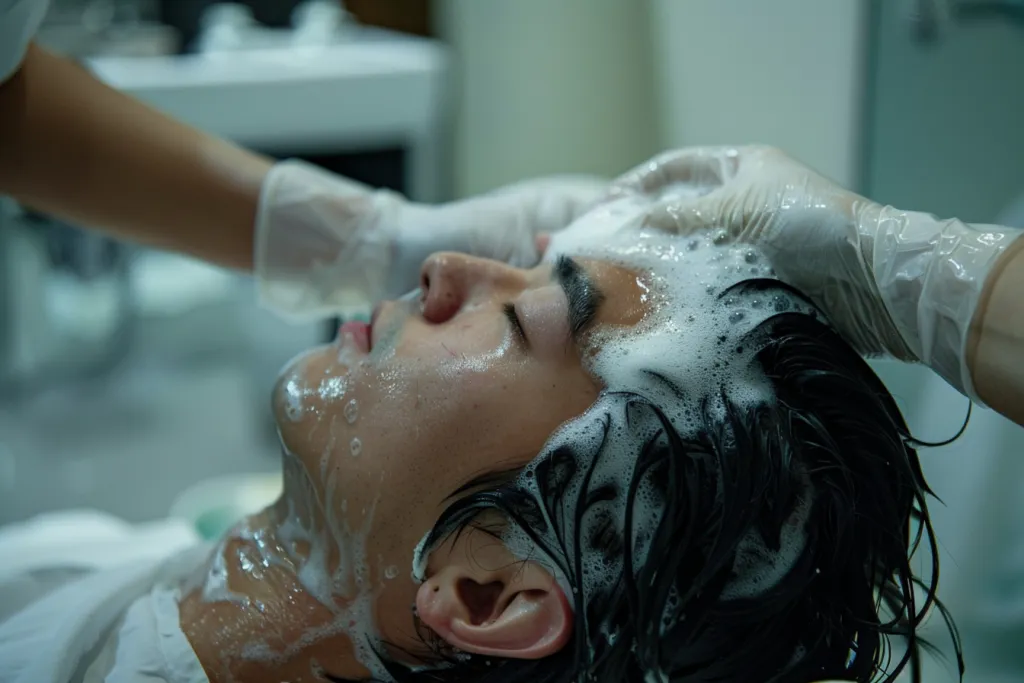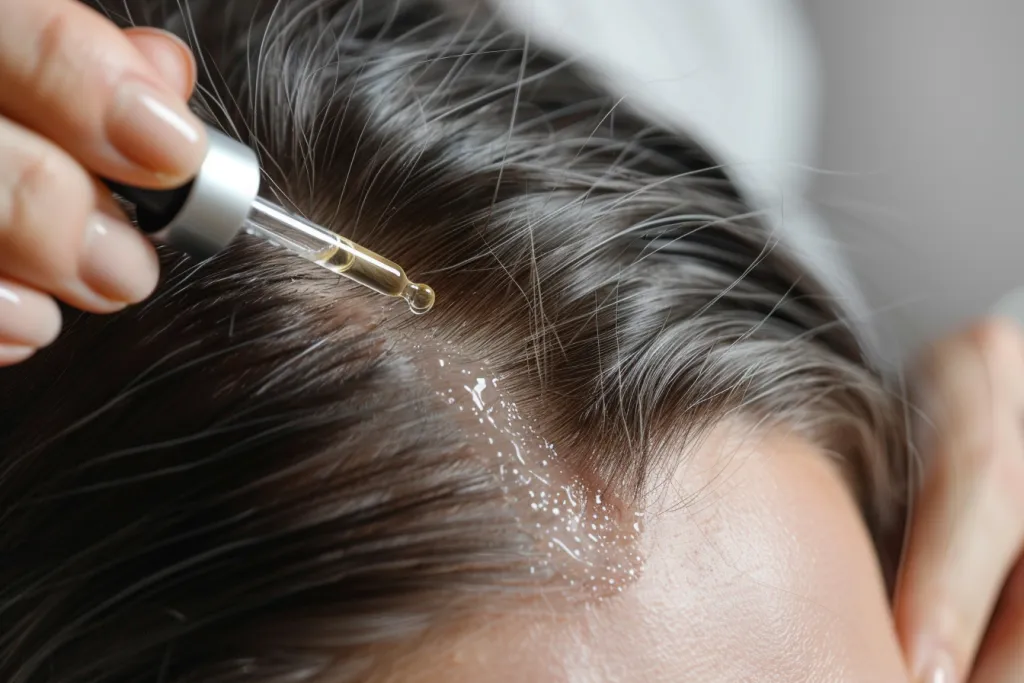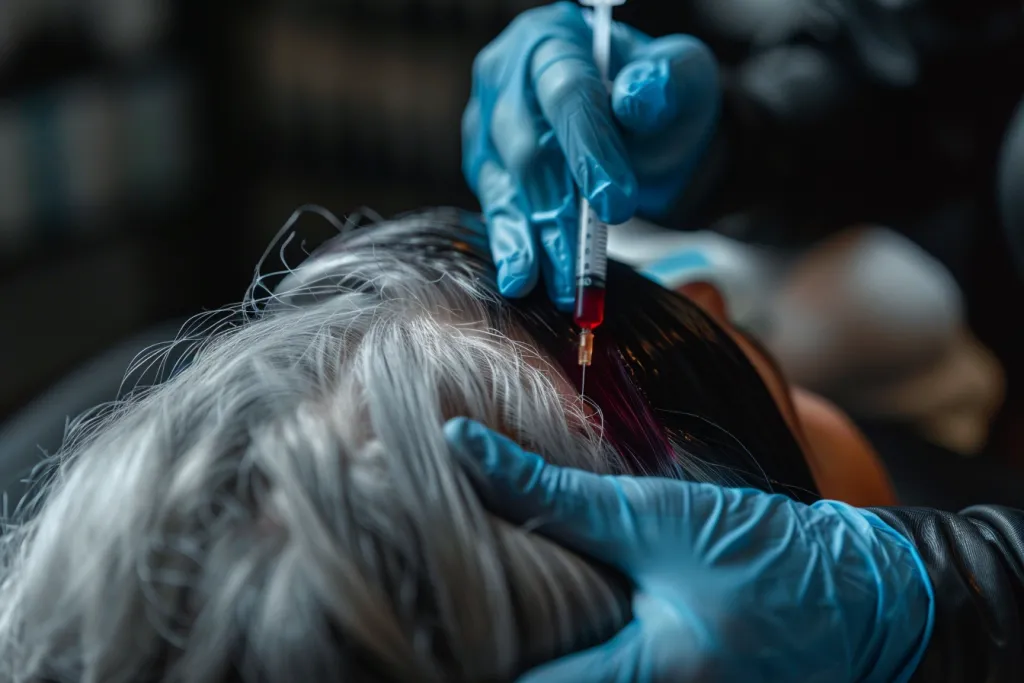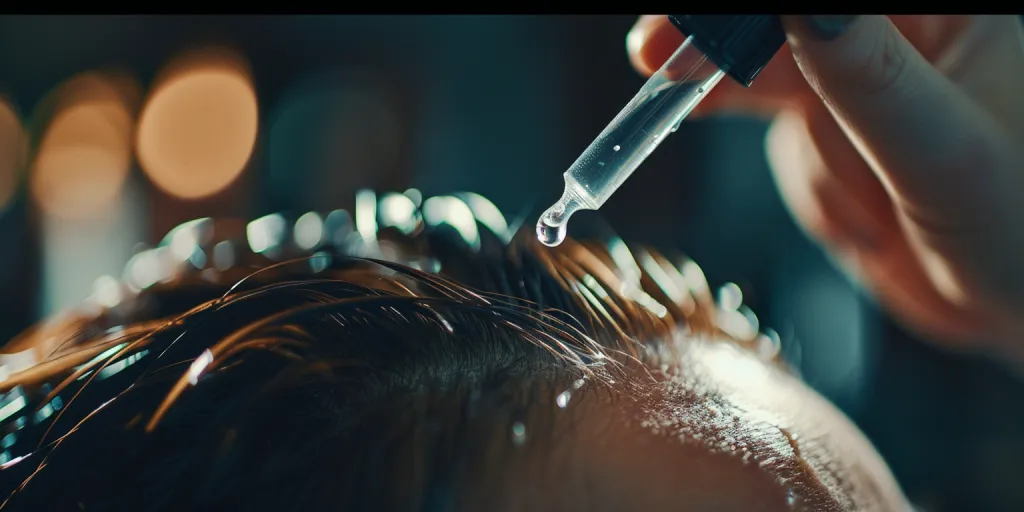You’ve got dandruff. More than 50 million people world-wide suffer from this pesky personal condition, which causes scalp discomfort and embarrassment. The white flakes that characterise dandruff are generally an inconvenience to deal with; a health scare, they are not. In this article, you will learn about the causes and treatments of dandruff, an overall common condition with a few specific triggers. Just because a condition is widespread doesn’t mean it’s impossible to manage. We’ll provide you with the insights you need to get a handle on this scalp problem.
Table of Contents:
– Understanding dandruff and its causes
– Over-the-counter solutions for dandruff treatment
– Natural remedies for dandruff relief
– Lifestyle changes to manage dandruff
– When to consult a professional for dandruff treatment
Understanding dandruff and its causes

And while dandruff might be a cosmetic nuisance, very often it’s a sign that something’s going on with the scalp. It could be caused by dry skin, by sensitivity to hair products (a condition called contact dermatitis), or by an itch-inducing yeast-like fungus that lives on the scalp (Malassezia). If you know what’s giving you dandruff, you can take action to nip it in the bud (or flake, as it were) before it becomes a real problem.
Made by the scalp, sebum (or oil) plays an important role in the dandruff narrative: ‘too much sebum in your scalp can make the environment favourable for Malassezia’s growth, which results in more irritation and flaking’, she says; ‘not having enough sebum can also make your scalp dry and flake.’ Finding the right balance in terms of scalp moisture is paramount when it comes to dandruff.
However, it is also clear that external factors including changes in weather, stress and diet are powerful initiators or exacerbators of dandruff, highlighting the need for a reductionist view of the causes of dandruff that considers more than just the scalp.
Over-the-counter solutions for dandruff treatment

OTC treatment options for dandruff include shampoos, conditioners and scalp treatments. If you’re going to buy one, look for active ingredients such as pyrithione zinc, salicylic acid, selenium sulfide, and/or ketoconazole. Depending on the product, such ingredients are often meant to reduce the fungus on your scalp, remove dead skin cells or scale, and/or curb oil levels. Here’s a brief breakdown, so you can select an option that will work best for your particular condition. 1. Pyrithione zinc is an antifungal agent added to shampoos and conditioners to stop the spread of microbes. It’s often used to treat dandruff and other skin-related issues. 2. Salicylic acid is often used in OTC products to slow down excessive skin growth. 3. Selenium sulfide is an antifungal agent that also helps to remove dead skin cells. 4. Ketoconazole is an antifungal that is helpful in reducing flakes.
However, it’s important to follow the directions for use of OTC dandruff treatments: some shampoos need to be left on your scalp for a few minutes before they are rinsed off so that the active ingredients can penetrate the scalp and work. Moreover, regular application can make a difference: normal use can be helpful long-term.
However, remember that not all OTC products are effective for everyone. Dandruff can be persistent, and what works for one person might not work for another. You might have to work through a few products to come across one that provides some relief from dandruff for your particular scalp condition.
Natural remedies for dandruff relief

And for those who like their dandruff control a bit more natural, there are a whole host of remedies that have been used with success. Tea tree oil is an antifungal and antibacterial remedy; a few drops added to your shampoo or applied directly to the scalp can help with fungal dandruff.
Another natural remedy is apple cider vinegar. It can help maintain the correct pH of your scalp and limit fungal growth. It can be mixed with water to make a post-shampoo rinse to soothe the scalp and limit flakiness. Coconut oil is also an excellent moisturiser that can be massaged into the scalp to help with dryness as well as help maintain scalp health.
Though these natural salves can work, they are not without risk. Each person’s scalp is unique, and an anti-dandruff recipe that calms one person might inflame another. You should always carry out a patch test on your scalp prior to applying any salve, medicine or substance for the first time.
Lifestyle changes to manage dandruff

And, apart from treatments and remedies, certain lifestyle changes can help ease dandruff. Stress is a trigger of many skin conditions, and so including something in your schedule to reduce stress, whether that’s a daily run, a meditation class or a yin yoga session, can help prevent flare-ups.
Your diet can also help keep your scalp in good health: make sure to include zinc, B vitamins and oils in your diet, and drink plenty of water. Cut down your alcohol and sugar intake and you’ll give your scalp a boost.
Washing your hair regularly (according to the needs of your scalp) can help prevent the build-up of sebum and breakouts caused by irritants trapped in your follicles, while over-washing can cause more problems by removing too many of your scalp’s natural oils.
When to consult a professional for dandruff treatment

Most cases of dandruff can be controlled with OTC remedies, natural treatments and lifestyle changes, but sometimes professional help is needed. If you’ve tried several different treatments and still have dandruff, or if your dandruff is severely itchy or comes with inflammation or an infection, then it’s a good idea to make an appointment with a dermatologist.
With a clinical diagnosis, a healthcare professional may advise on stronger treatments like medicated shampoos or topical steroids to control severe dandruff, and also give specific advice personalised to your condition, so that you get the right treatment.
Conclusion:
With the right approach, it’s an easy-to-treat, if frustrating, condition. By learning about its causes, exploring different treatment options and making lifestyle changes, it is possible to have a healthy, dandruff-free scalp. Patience is key when it comes to treating and preventing dandruff. If you are having trouble finding relief, consider seeking additional clinical advice to help keep your scalp healthy.




